Recalls, class actions and vehicle defects: What you need to know
Recent allegations about Hyundai and Kia vehicle recalls, potential fire risk and a dirty big class action are probably scaring you. To make sense of everything, here are the facts, while trying to avoid contempt of court…
This is a report that I really haven't wanted to do but which many have requested, and while I don't want to do it, that’s not for the reasons that many alleged.
If you are the slightest bit hazy about class actions, recalls, fire risk and serious safety defects, public safety, and all manner of media claims about these kinds of issues, I'm going to deep dive into that right here and right now.
Not a week passes without many requests to comment on this issue and I am reluctant but the volume is such that we're going to do it here and now. Here is a representative comment:
What do you think of the class action against Hyundai/Kia, John cast catching fire due to ABS?
- Colin L
I don't know that there's been a proved case, Colin, of a Hyundai or a Kia “catching fire due to ABS”. That's not what this is. If we want to live in a world where the facts actually matter, we have to get on top of what are the facts at the moment. You have to be very careful about going from: a recall has been issued because of a potential safety defect that might lead to a fire; and then jump straight to: cars are catching fire due to ABS.
Here’s another example:
Waiting for your current take on the Hyundai Kia fire class action. Probably bigger than any of the negatives you report on other makes…
Mick Z
Is that true Mick? Bigger than any of those other negatives like Australia’s top car brand Toyota lying to 264,000 owners of Hiluxes, Fortunas and Prados with DPF failures? Bigger than the Volkswagen Dieselgate scandal? Bigger than the Sally Morphy Range Rover case or the Ford PowerShit transmission record $10M penalty, or declaring Australian car manufacturing would cease to exist (and Holden would die) in the last decade?
I don't see this as being bigger than that.
WARNING: This matter is before the courts
Before we go any further, it’s important for you to understand that this matter is ‘sub judice’, meaning it’s currently before the courts - at the time of publishing this report on YouTube on the 25th of January, 2023.
I have to be very careful about what I say here, and so do you in the comments. The court judges get very angry, so to speak, when people speculate about the guilt or innocence of parties in relation to any matter that is before the court. If you do that, it is considered an act of contempt, which you can go behind bars for.
So this report is in no way any speculation whatsoever about the guilt or innocence of Hyundai and/or Kia in respect of the allegations levelled against them. This is just an analysis of issues like recalls, risk and allegations, and things of that nature.
I don't care if they are guilty or not.
In fact, people always accuse me of being Hyundai's and Kia's best friend, when in fact I will likely report on the verdict if they are found guilty.
My AutoExpert AFFORDABLE ROADSIDE ASSISTANCE PACKAGE
If you’re sick of paying through the neck for roadside assistance I’ve teamed up with 24/7 to offer AutoExpert readers nationwide roadside assistance from just $69 annually, plus there’s NO JOINING FEE
Full details here >>
AutoExpert DISCOUNT OLIGHT TORCHES
These flashlights are awesome. I carry the Olight Warrior Mini 2 every day - it’s tiny, robust, and super useful in the field or in the workshop. Olight is a terrific supporter of AutoExpert.
Use the code AEJC to get a 12% discount >>
Generators suck! Go off-grid with AutoExpert BLUETTI PORTABLE POWER STATIONS
Need mobile, reliable power? If you’re camping, boating, caravanning or building a dirty big shed in the back paddock, and you need to run a refrigerator, lights, air conditioner, cooking, and/or a bunch of tools - Bluetti has a clean, tidy, robust solution…
Get your AutoExpert free shipping discount here: https://bit.ly/3n62heK
WHAT IS A RECALL
What are recalls, really? In Australia, recalls only exist for serious safety defects, and this is not just with cars, it's with all products.
There's a whole regulatory apparatus around recalls which are largely a voluntary system, and it's only for serious safety defects. So if the paint starts flaking off your Toyota and you demand a recall, it's not going to happen. If the headlining is sagging in your car, or the screw in the cubby bin lid have been improperly installed at the factory and comes looses and vibrates over time, if you're outraged and you demand a recall - that's not what recalls are for and it won’t happen.
Recalls only happen if something has the capacity to injure or kill someone, and it's found out later, in service. If you go to the recalls website or the vehicle recalls website (now a separate website), the phrase that you're always going to see is, words to this effect of:
If the defect is not capable of doing that, then it's not for the recalls mechanism, it’s handled by a completely different mechanism, internally.
The flaky paint, the saggy headlining, the infotainment system de-bugging or screwing in the centre console lid - all that kind of stuff is dealt with using what’s called service campaigns.
In fact, just so you know how this works, when you turn up at the dealer for your service, your car has its VIN code entered into the carmaker’s server, which then spits out every detail about your car. It knows everything: the colour, the powertrain, the trim level, the genuine accessories that you chose to have fitted, the options to ticked. EV-RY-THING. The server also knows if there are any outstanding recalls or service campaigns outstanding on your VIN code, and they get done for you in the background, for free.
This recall system in Australia is a shining example of a system that is not broken. It is an extremely effective system.
The reason I don't criticise car makers when a recall is issued is because they're complying. Not only are they complying, they're taking a reputational hit in their public perception because of the way these things are broadcast, especially by the motoring media when in fact they're putting public safety first and getting negative press while doing the recall at their own expense - for free - for you. Therefore, what is there to criticise? Nothing.
WHY RECALLS DO NOT EQUAL BAD ENGINEERING
Furthermore, I’d suggest to you that existence of a recall is not evidence of shoddy design, and I say that to you as an engineer.
Cars are probably complex things. They're an amalgamation of 5000 - 10,000 parts, and that depends on how you define a part. But all of these parts interact with each other, and they interact with the driving and storage environment. Not all of the consequences of all that complexity of parts interactions can be known at the point the vehicle is deployed into the public domain.
But that hasn’t stopped carmakers trying to advance life cycle testing in their R&D departments - they have properly destructive machines that attempt to destroy parts in the name of developing vehicle to last. But that’s on bigger, simpler parts like suspension, seats, pedals, buttons etc. That still doesn’t account for the 4990-odd or 9990-odd parts unaccounted for.
What happens is that some negative consequences of those 10,000 parts interactions come to light weeks, months or years down the track, and the company then goes on a fact-finding mission to narrow the problem down to its cause. Then the company also looks at the size of the batch of products that are potentially affected by this defect, to then issue the recall. That's what recalls are.
Headlines that suggest ‘Brand X recalls 200,000 vehicle for fire risk’ - generally, that does not mean that those 200,000 vehicles are defective. It means that the car company has narrowed down the production batch to this number of vehicles that potentially have this defect. The job of the recall being done by the dealership is to receive a document that says how to do the recall, and in most cases the principal action that takes place is inspection.
The service department goes in to have a look at the component, they see if it's one of the dodgy ones, and if it is they change it. But in most cases, the vast majority of recalls at the point of inspection, they simply tick a box to say that vehicle’s part is not a defective one, they check the torque on the bolt or the seal around a component or whatever - and it passes.
This is how recalls work in practice.
When you see those headlines suggesting some big number of cars is recalled, this is not an example of Automotive Satan opening up a portal and coming through from hell. It's just a potential problem being dealt with, which is why I get less than enthusiastic as an engineer when I see those overblown headlines.
There are hundreds of recalls every year, just on cars.
At this point, I'd like to give the most sincere possible thank you - as should you - to all of the engineers and technicians toiling away in shitty R&D facilities all around the world, not just in the automotive domain, but generally.
Just because Artemis 1’s first launch was scrubbed due to a liquid hydrogen leak, doesn’t make the entire program a failure.
Evidence that these people are doing such an outrageously good job is that there's not a whole bunch of defects with cars that are the major cause of loss of life out there on the roads. Negligence is the biggest cause of tragedy on the road, and manufacturing defects are way down on the list.
THE PARADOX WITH NEW CAR RELIABILITY
Cars have become so reliable that you don't have to constantly drive as if the engine could die at any moment, like we did prior to the 1990s. We simply don’t do that anymore, statistically.
But people get so properly outraged when it does happen, in that rare occurrence, they say things like ‘I could have died’ or ‘…something should be done.’ Except, they didn't die, so it’s like trying to get compensated for an injury that you didn't suffer.
At this point you know what recalls are all about, specifically with cars, and where the reliability is with cars. So let’s talk about how that all applies to class action law suits.
The law firms that launch class actions are extremely keen to cloak themselves in the language of virtue because they're sticking up for the little guy - they're getting justice for 100,000 people who might not otherwise be able to launch such an action on a one-on-one basis in court. To a significant extent, this is true.
But I'd suggest the real thing about class actions is they are properly big business. Law firms that specialise in class actions have a team of people either on-staff or freelance, and they're miners. They jump into the mine and they they look for a turd lined with gold, and that means finding a suitable number of people, like 50,000 or 100,000 people or more (hopefully), all of whom have been ‘wronged’ in some way. Or at the very least, a picture could be painted that a court subscribes to in which they've suffered some kind of loss which they could all be compensated for. If you find 1000 people who’ve suffered a two $2000 loss, then all of a sudden there's $2 million on the table in compensation.
Cars are safe and reliable, but that doesn’t make owning and driving them inherently free of risk - just like trains, planes and ships.
CLASS ACTIONS AND TAKING ACTION
Many media reports surrounding this matter don’t appear to present real evidence that this particular ABS defect or anything else is resulting in a spate of fires. I haven't seen any reports that indicate someone has actually been injured or killed as a result of this defect - it may exist and I may just not know of it - but in any case, I haven't seen a report of that.
Therefore Hyundai is at risk of having its reputation properly tarnished by perception alone, as opposed to evidence.
Also, there is a spin campaign which is happening here, and this is from the law firm Morris Blackburn in this case, that has launched this class action. They've got a lead plaintiff and her name is Anne-Marie Johnson, whom I've got nothing but respect for.
Ms Johnson took really effective action in a crisis. She's at home and the car's in the garage. The car catches fire and she smells the smoke. But in a situation where many people would just cave in and watch the whole joint go up in flames, she whips out the garden hose, suppresses the fire, and takes this effective action for a sufficient period of time to allow the fire brigade to arrive and put the fire out properly, thereby saving the house. Two thumbs up, 15 points out of a possible 10 - and #respect.
If this happened to you, it would change your perception, and I'd understand if you had particular views about the carmaker flowing from that event. But just to be careful here, that's not evidence of guilt either. Although I'd suggest your emotional reaction to being put in a situation of this nature would be completely understandable to anyone with an ounce of empathy. Realising one’s mortality and having it tested, is confronting.
It could have been a fatal disaster. We were very lucky to have noticed smoke coming into the house from the garage. Had we not caught it early, it's almost certain the whole house would have gone up.
- Ms Johnson, via Morris Blackburn
Yeah, that's all true, and like I said: I have nothing but respect for Ms Johnson and I understand her emotional position following an incident such as that - I think we would all probably go down that track.
I don't mind talking about this either, incidentally, because this is issued by Morris Blackburn the law firm, and a thousand lawyers have looked at their 19 January, 2023 press release and made sure that every every letter on that page, every word, the sentence structure, the punctuation etc., none of it is contempt of court.
The following are my personal opinion in response to what Morris Blackburn’s National Head of Class Actions, Andrew Watson, had to say in that press release:
This is a serious defect impacting hundreds of thousands of vehicles with potentially catastrophic consequences for vehicle owners and bystanders.
Yeah, it is. If it's the subject of a recall it's all of those things. In fact, every one of the hundreds to thousands of recalls publicly listed on the federal government's website (under the Department of Infrastructure & Transport) fits that definition. That's what recalls are.
Consumers expect that the vehicles they purchase will be safe to drive, safe to park in their garage, and free from defects which could result in the loss of life. Hyundai and Kia have failed to meet those expectations…
I don't know if anyone's done the research on what consumers expect, but speaking as an engineer, if a consumer expects that then they are out of touch with reality for a few reasons:
Every known mode of transport is hazardous - there's never been a benign mode of transportation, everything from walking to riding a horse, getting on a ship to driving a car. Even taking the Space Shuttle into orbit and back has killed people, despite all those brainiacs trying to avert catastrophe daily. Transport is not benign. There is risk in every kind of transportation;
If you expect a mode of transport to be safe, then your expectations of cars to be free from defects (which could result in the loss of life) then perhaps you should recalibrate. You can do this simply by visiting vehiclerecalls.gov.au where you will see documented evidence of thousands of instances - across the whole vehicle domain from passenger and light commercial to heavy haulage to agriculture - with every brand of vehicles. They are not potentially free from defects which could result in the loss of life. That's just part of the car ownership deal.
If you're a consumer and you want to be informed - and you want to live in a world where facts matter - then you should align your expectation to the reality.
To the extent that those consumer expectations actually exist, then okay, it’s plausible that Hyundai/Kia probably have failed to meet those expectations - just like every other car maker that lists a single recall on the Recalls website.
Mr Watson says Hyundai/Kia:
must be held to account for putting unsafe vehicles on the road.
But I'd suggest that carmakers are held to account by the vehicle recalls system in this country; that's the mechanism of holding carmakers to account. They identify the faults, issue a recall, then they deal with it for free at their own expense, both financially and in terms of the reputational hit that they take when dumb journalists contextualise recalls the wrong way.
This misunderstanding happens because the media is so biased towards conflict and sensationalism and are so inherently lazy that's just how it works, unfortunately. It does sound quite terrible that almost 200,000 Hyundai and Kia vehicles could potentially burn to the ground at any moment. Doesn't seem to be happening though.
WEIGHING UP RISK: WHICH CAR BRANDS ARE ‘WORSE’?
The the cool thing about science and experiments is that the results need to be repeatable. You can run this experiment just the same as I did, and it's easy. All you need is an internet connection and access to Google, which clearly you have.
We're going to weigh up the relative fire risk status of the top six car manufacturers in Australia and in addition to Hyundai and Kia, those other four brands rounding out the top six would be Toyota, Mazda, Mitsubishi and Ford.
Search for ‘fire risk recall Toyota Australia, and then repeat it for the other three manufacturers. If you want to save time and do it efficiently, limit yourself to page one - and don't go cherry picking and searching for results on page 15 or something. Keep it to the page one search results. Google’s AI will serve them up to you based on relevance, which it’s pretty good at.
What you find is that Toyota recalled almost 23,000 Land Cruiser 70 Series for a potential fire risk in May of 2020, and a year later they recalled about 700 Hilux Rogues which threatened to literally burn to the ground following an engine bay wiring defect that could lead to a short circuit. So that's about 24,000 fire risk recalls for Toyota on page one of Google. Using the same uninformed non-logic used by the rest of the mainstream media, that’s an indictable offence from Australia’s top selling car brand.
Late in 2017 and also on Google Search page one, Mazda recalled about 20,000 BT-50s for fire risk, and then in October of 2021 they recalled 2500 Mazda 6 MPS and RX-8 vehicles that had a fuel pump which could crack, leak fuel and ultimately go up in flames. No class action there.
Mitsubishi Australia, in March of 2020, recalled 102,000 Tritons which had a potential wiring defect with the towbar harness. Said defect could lead to a fire in, roughly, the Triton's bum, which is right next to the fuel tank, don’t forget. Then in April of 2021 Mitsubishi also recalled Tritons fitted with some dodgy canopy which I think they sold as a genuine accessory, and the defect was another electrical wiring related thing.
Finally, Ford, which is frankly always channeling the ghost of Pinto. Ford recalled 43,000 Focus hatches for fire risk in May of 2020, for a fuel leak. Then they also recalled about 59,000 Rangers that had the same fire risk problem as the BT-50s from Mazda aforementioned. That was 79,000 total vehicles with that potential defect.
I think you would be hard-pressed to find a major manufacturer that has not recalled hundreds, thousands or even tens of thousands of vehicles due to potential fire risk over the past five years. That's just my gut feeling, I haven't done that research, but you never know…
I don't want to appear as if any of this is a speculation about Hyundai's innocence or guilt, because it’s not - that matter is yet to be proved in court and we will await the outcome. I make no representation one way or the other about that case.
But I do sincerely hope that you know just a little bit more now about exactly how recalls, class actions and actual risk fit into your car ownership experience moving into the future.

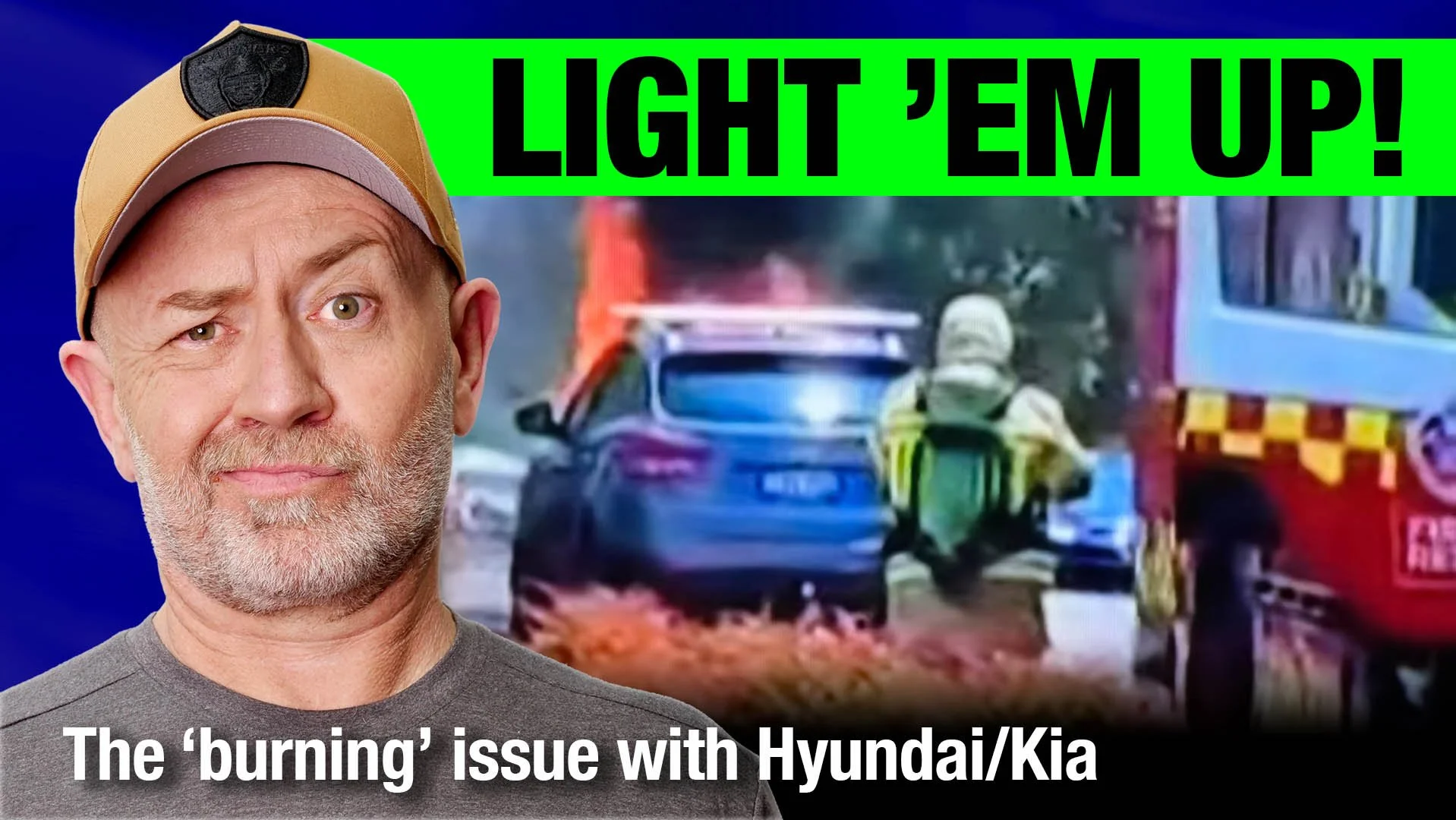



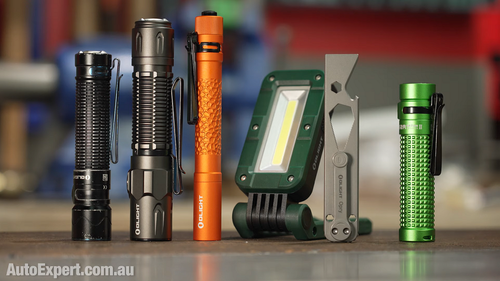

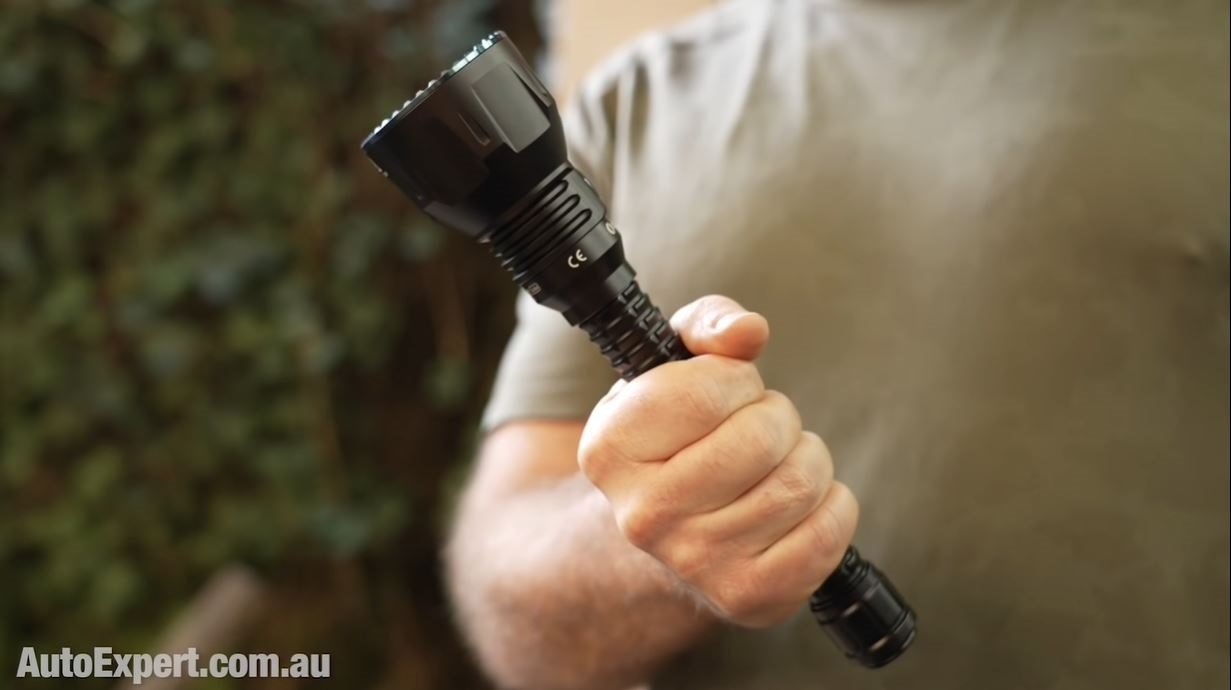
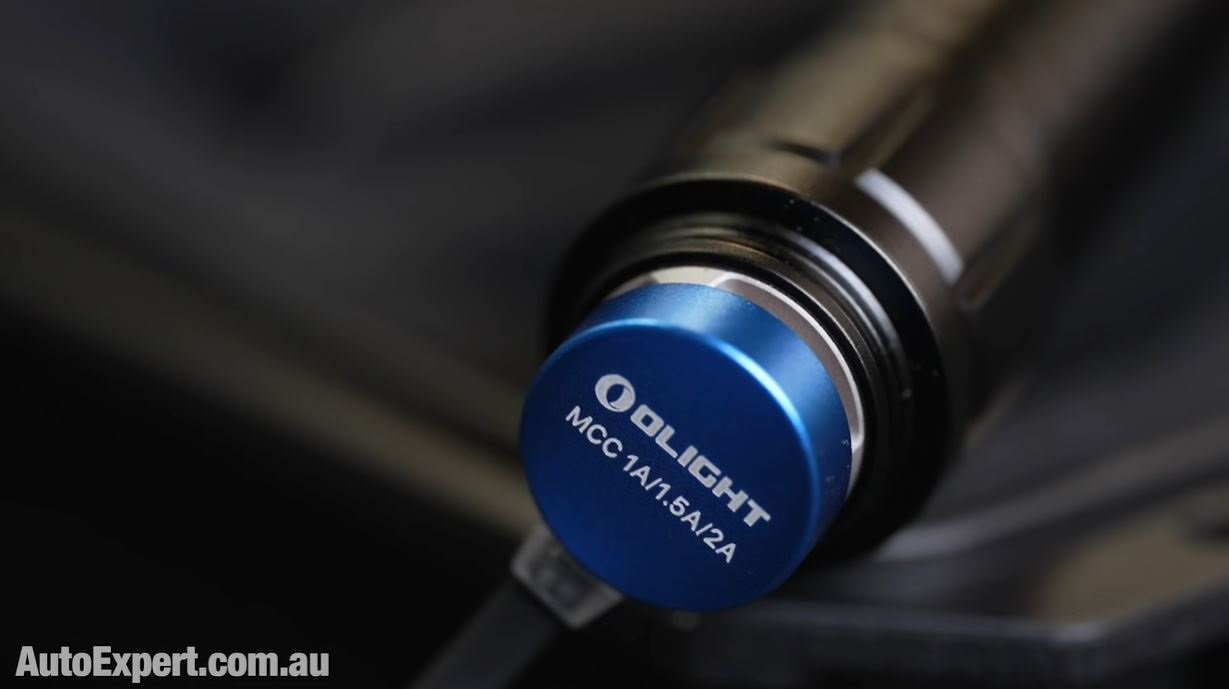
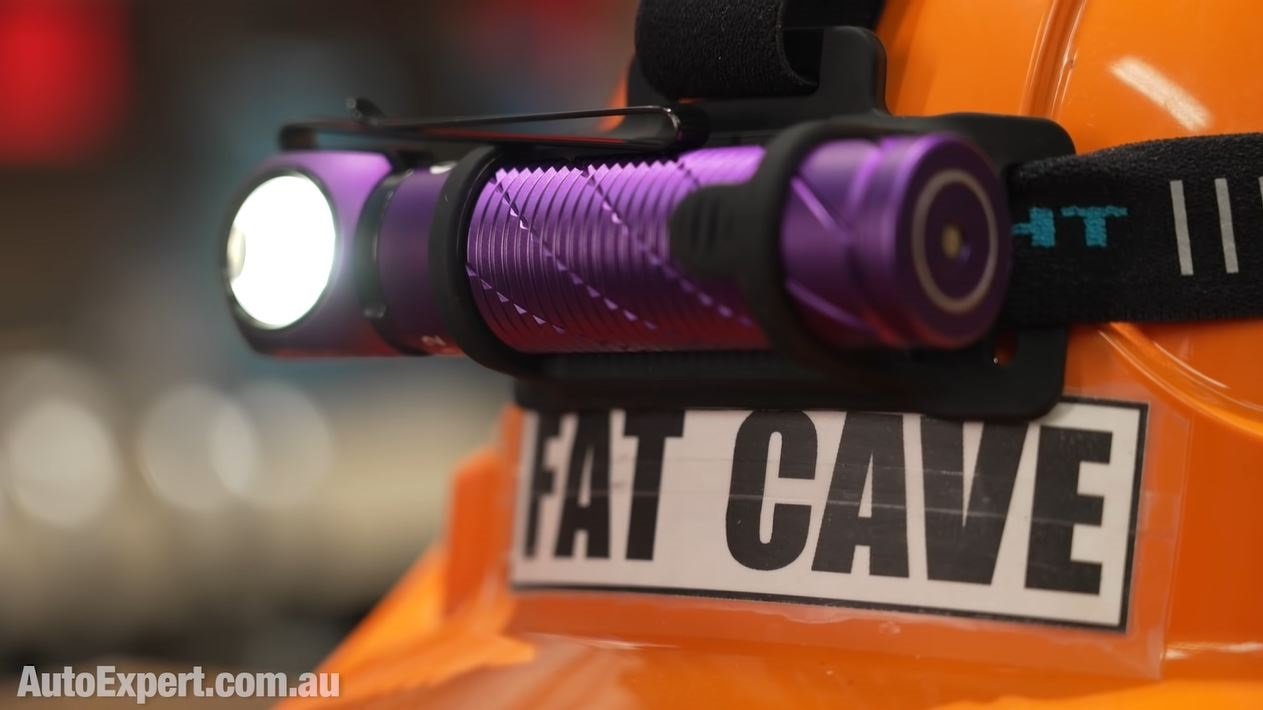
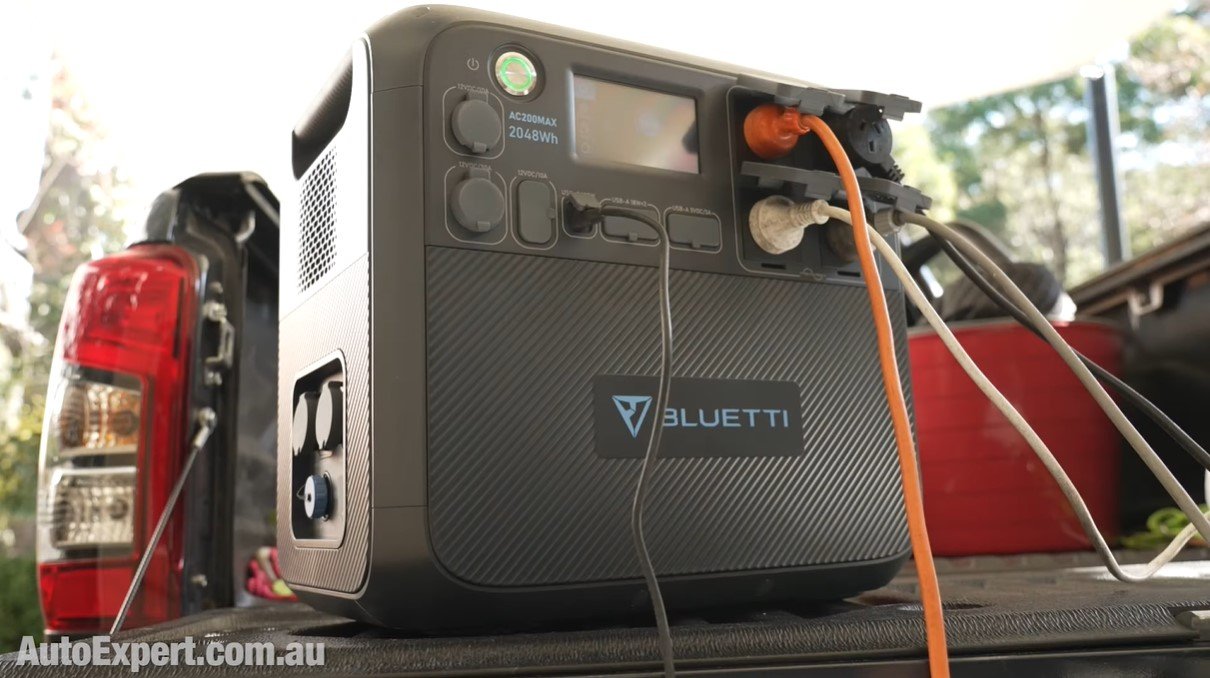
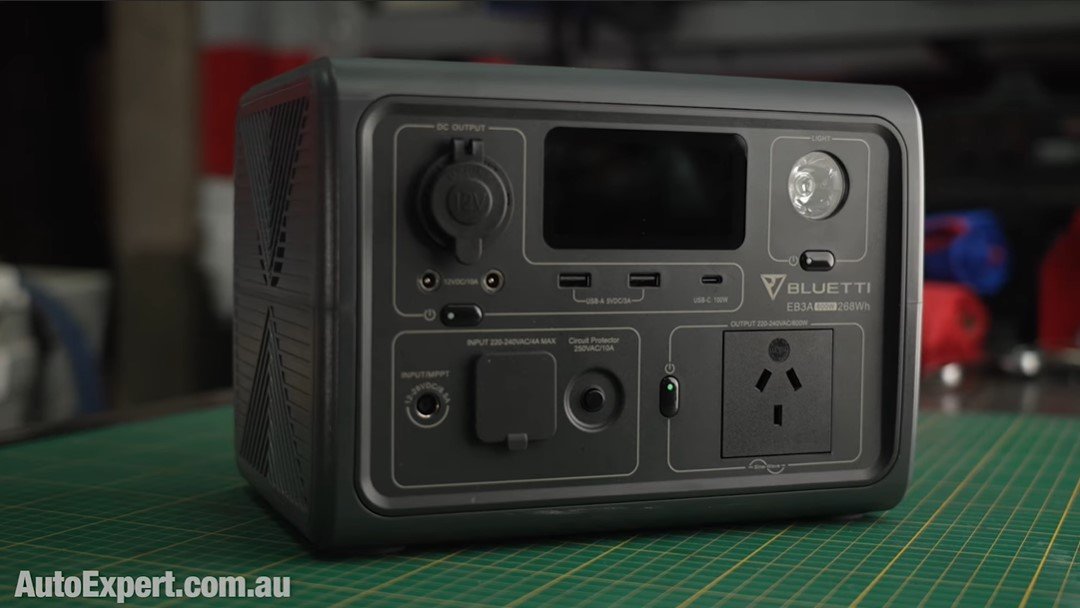
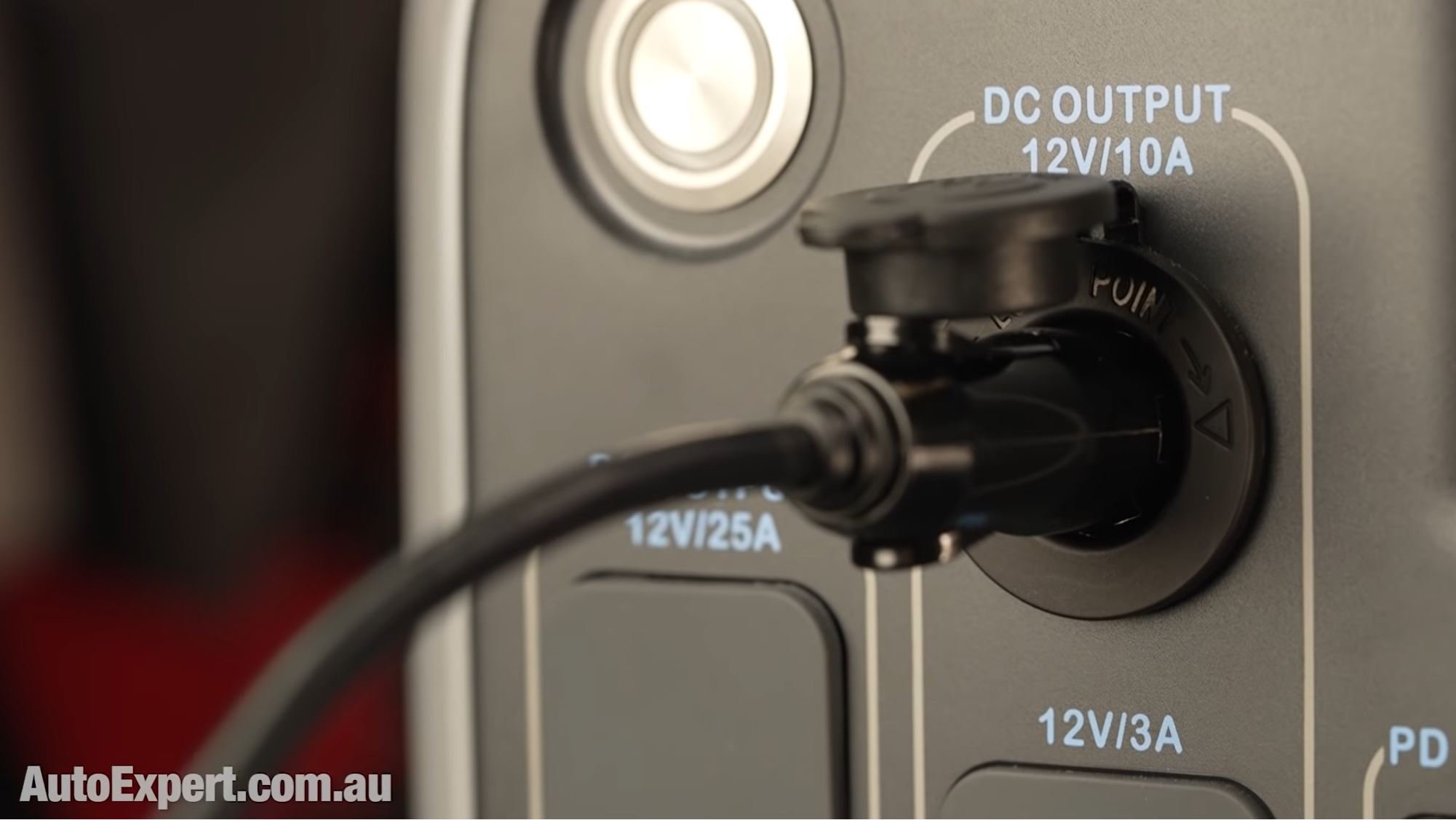
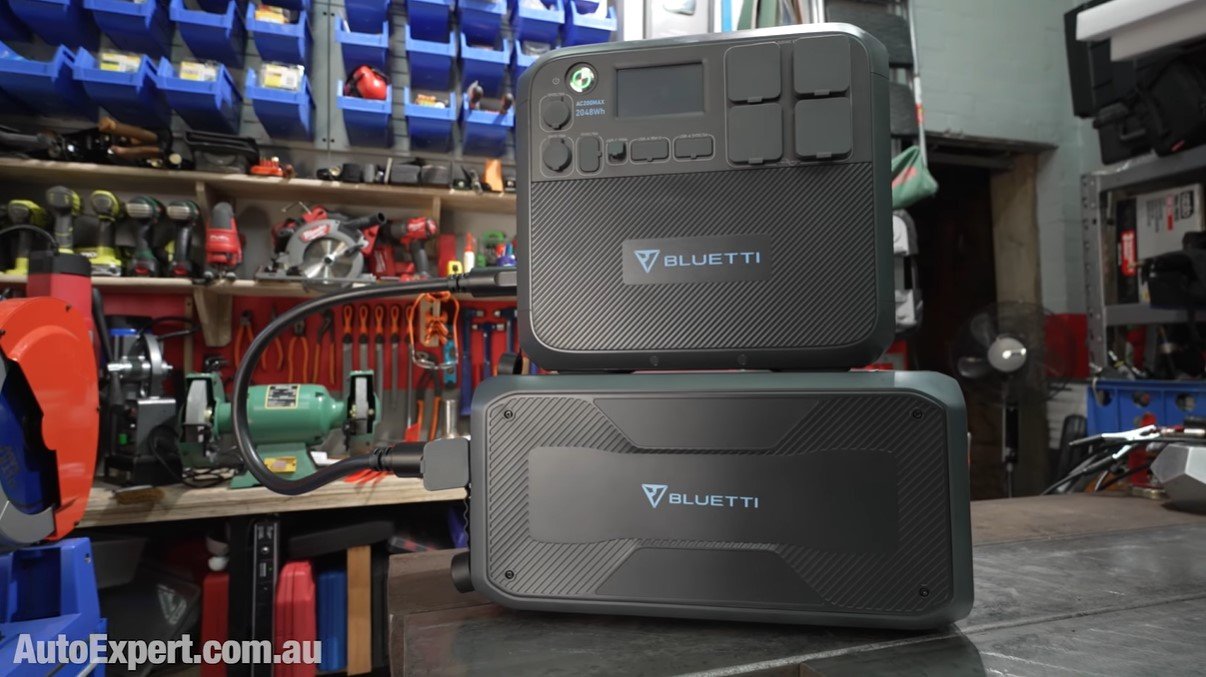
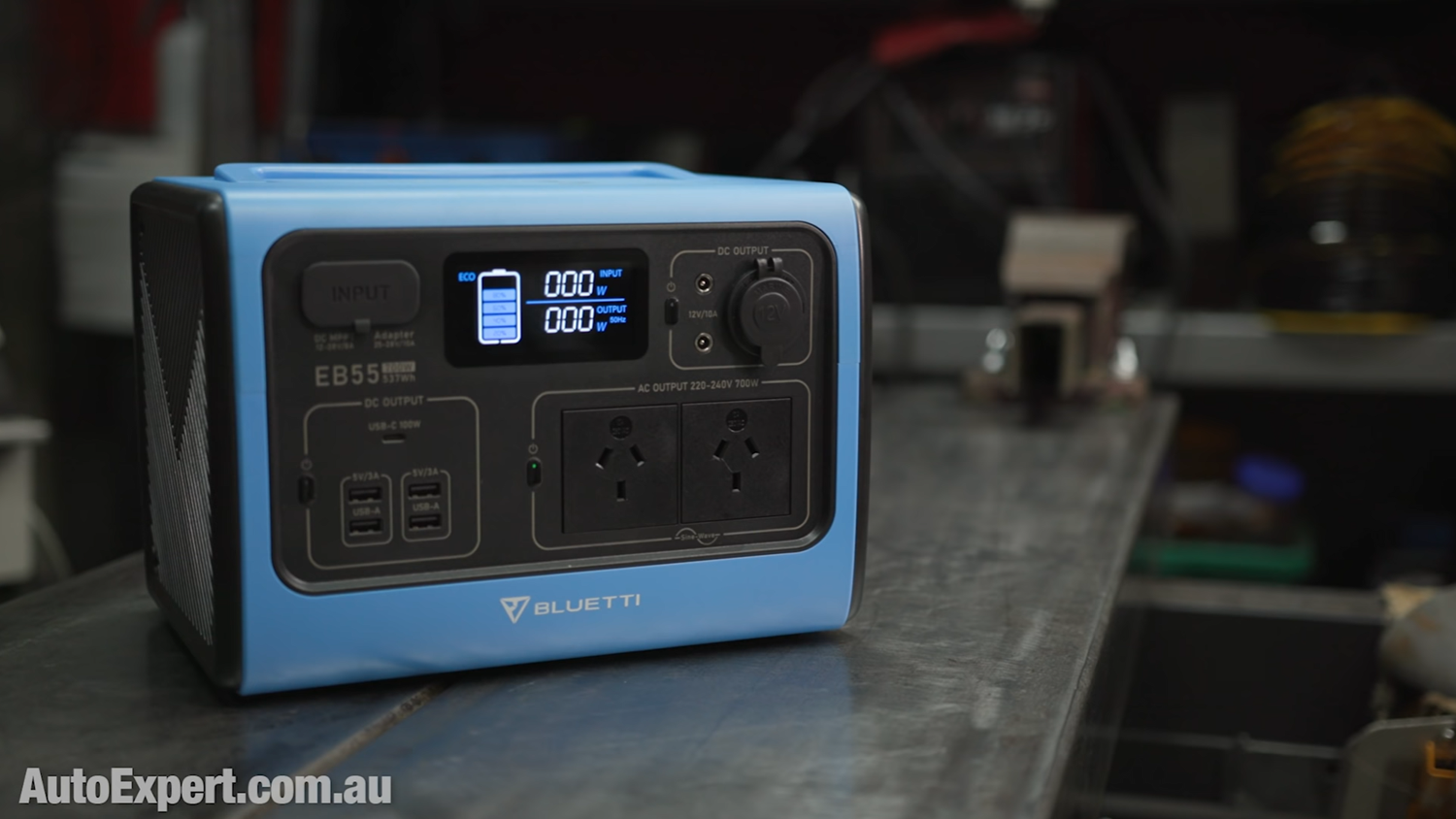
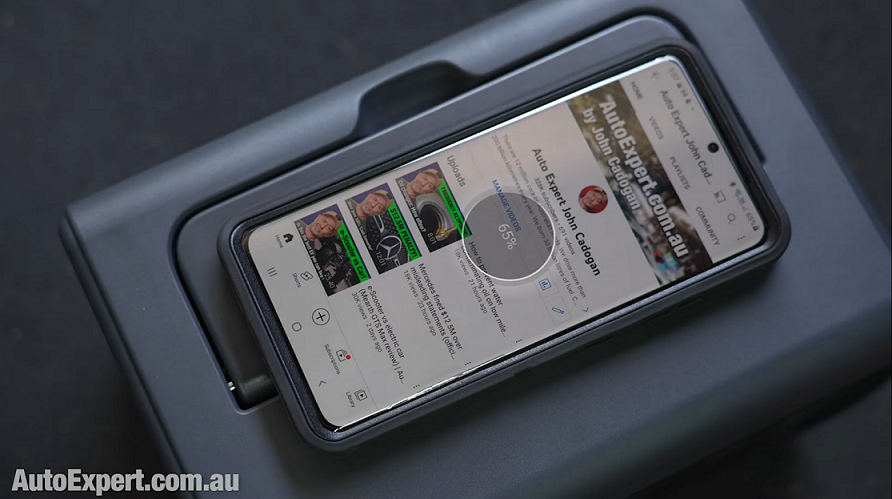
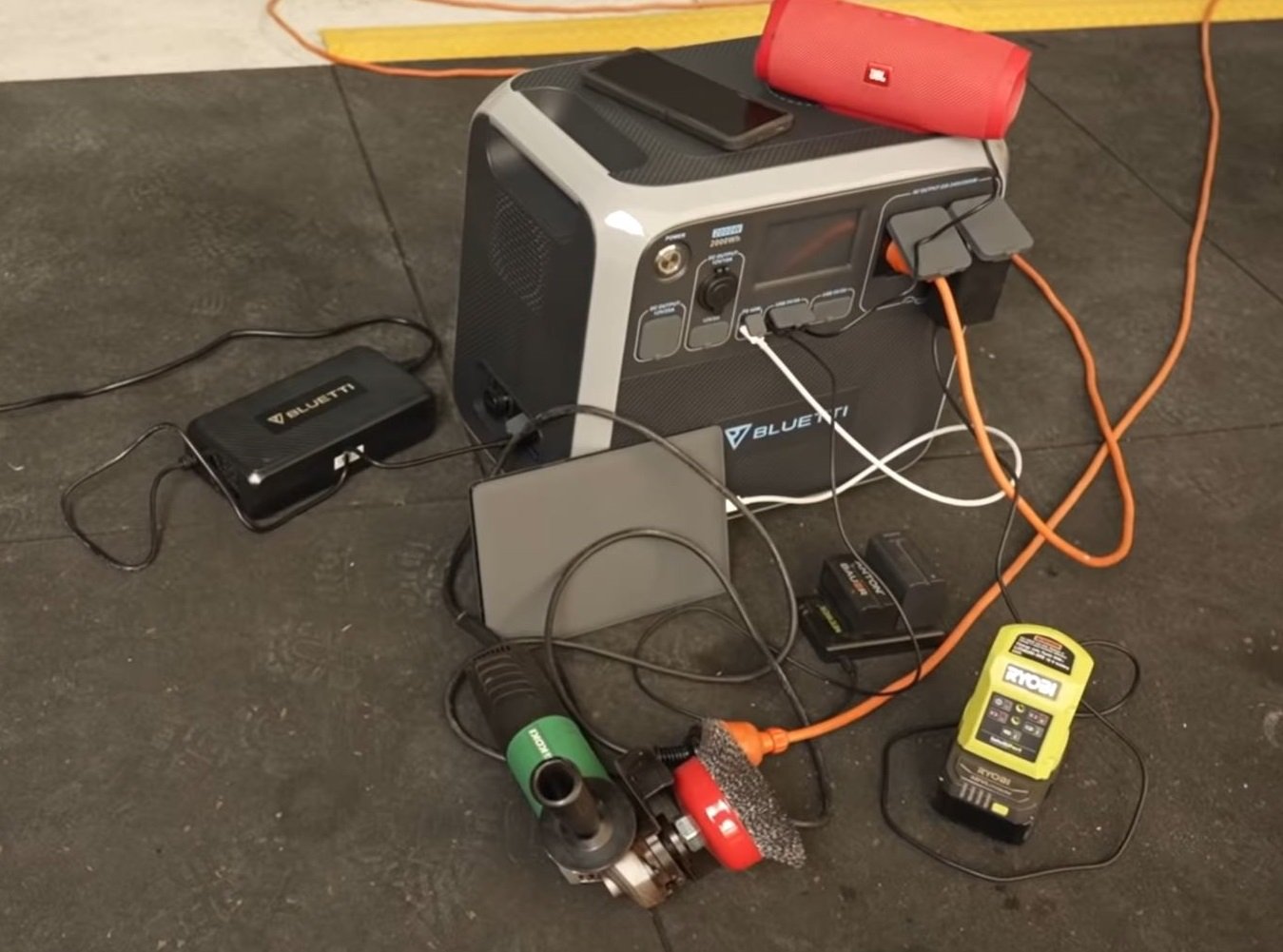
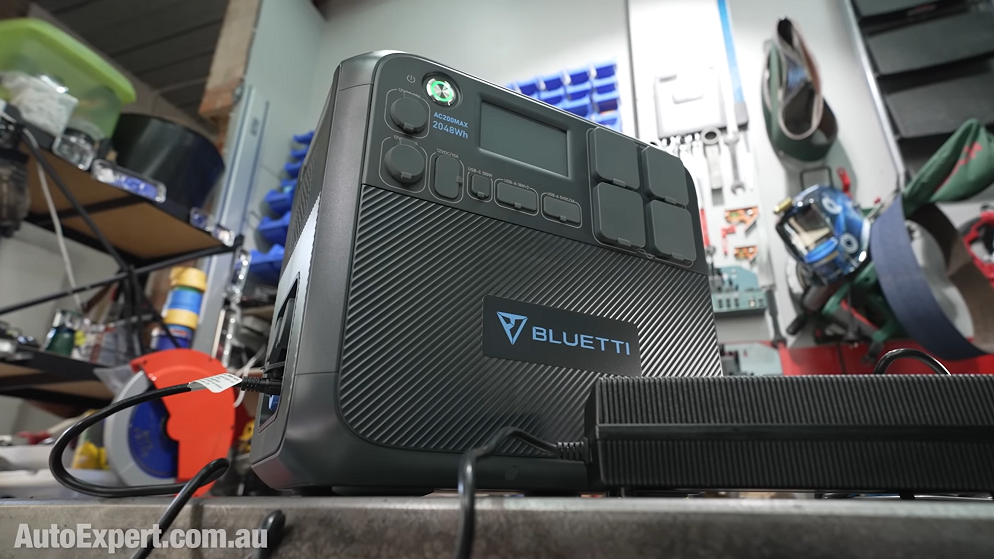








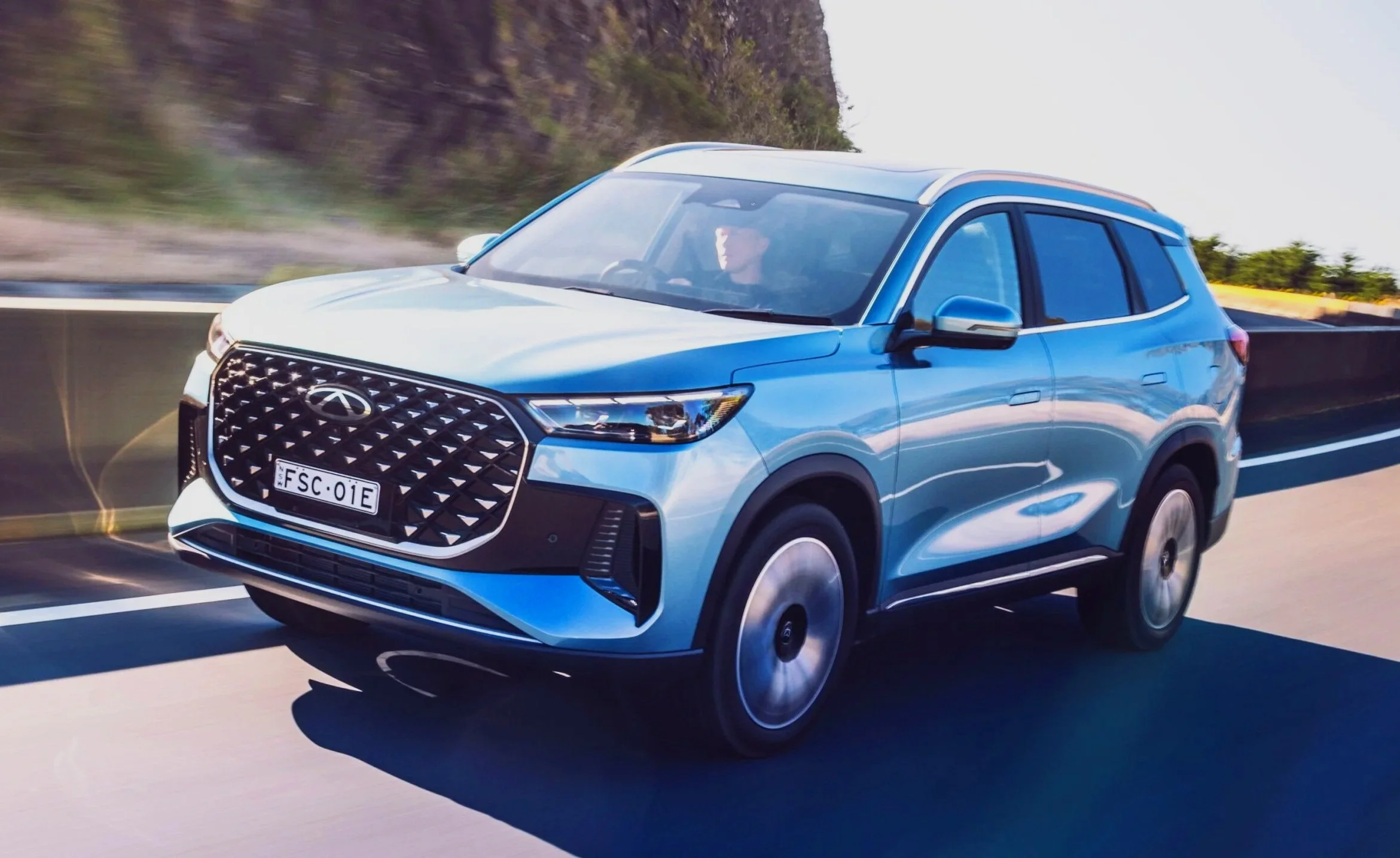
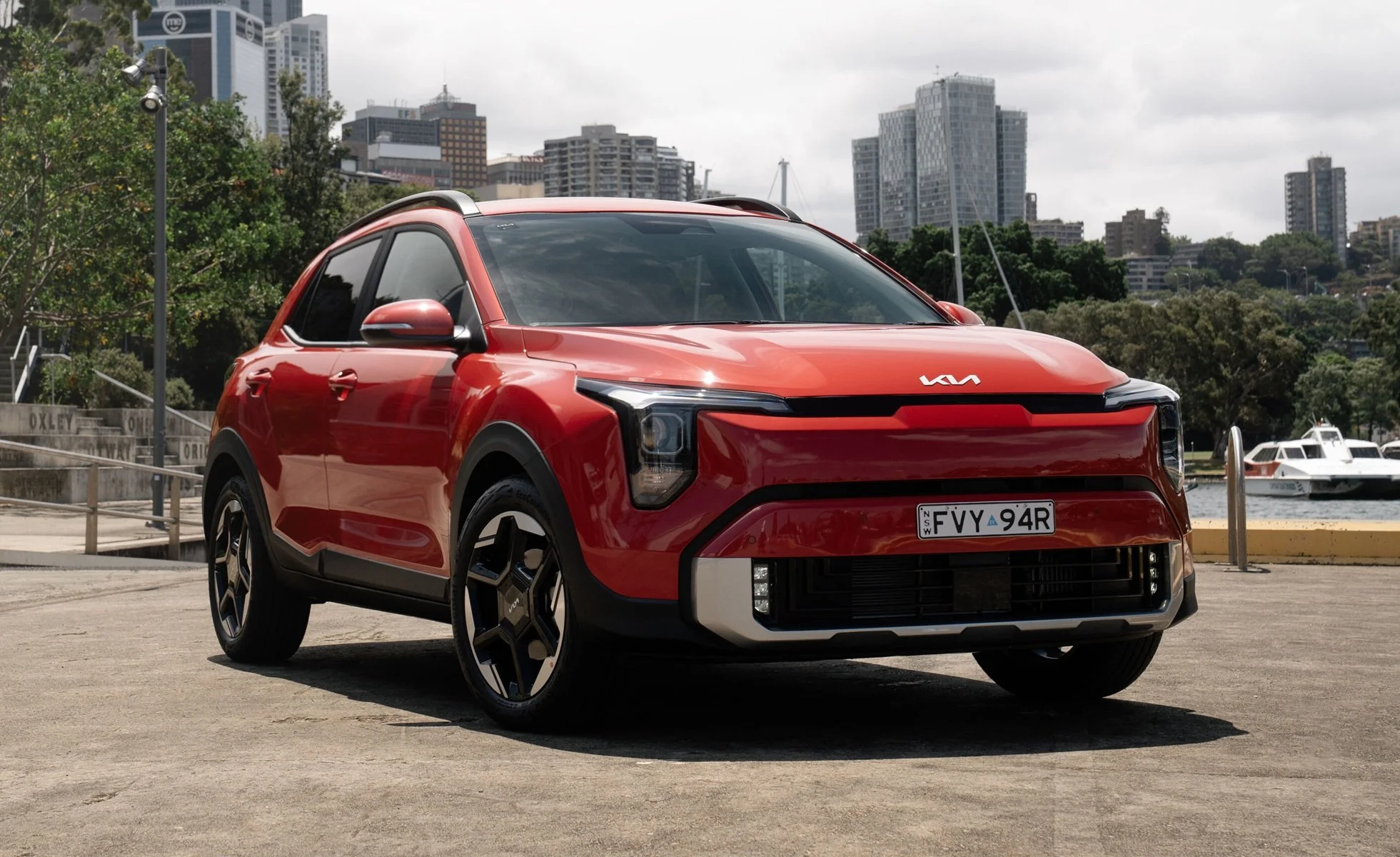
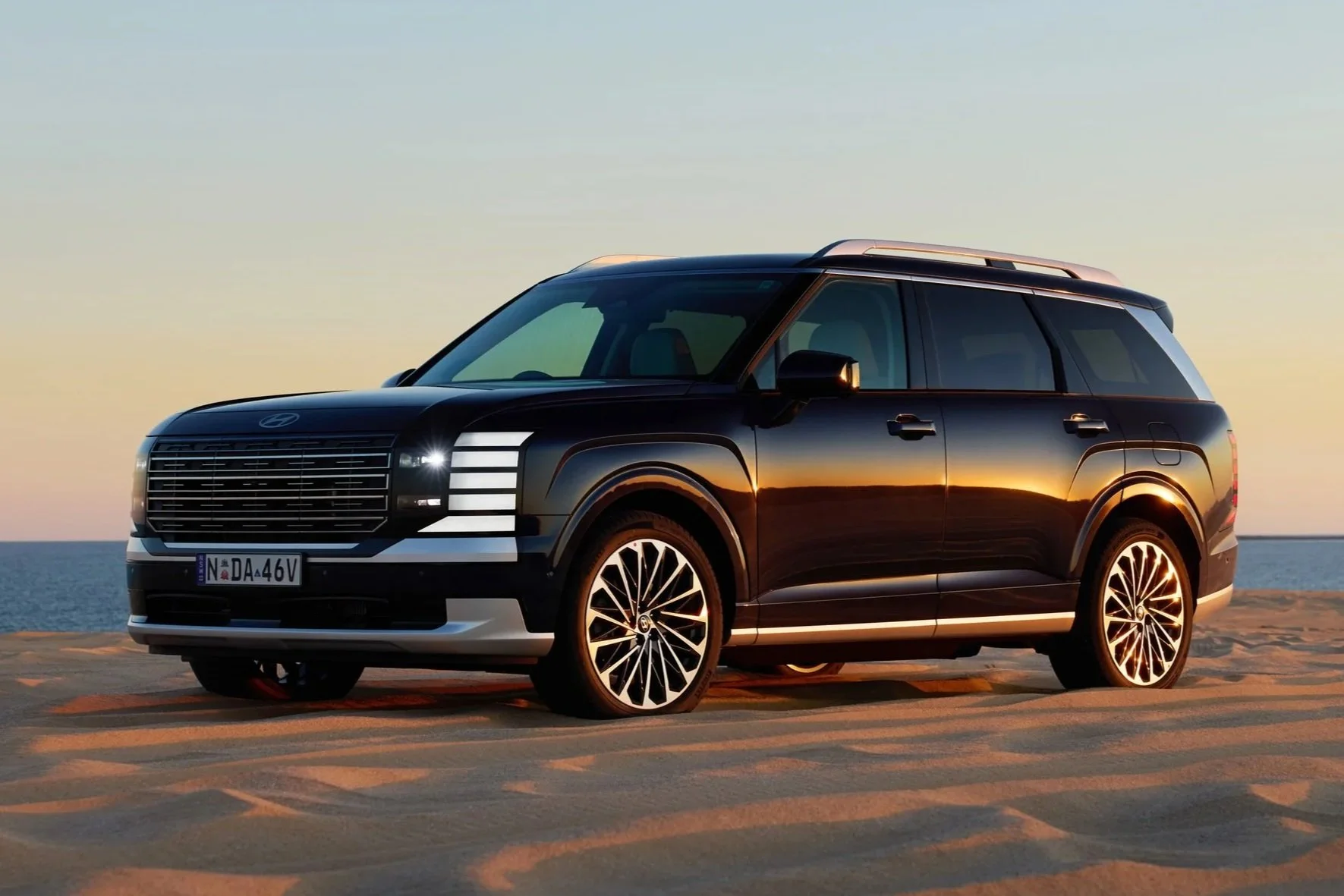
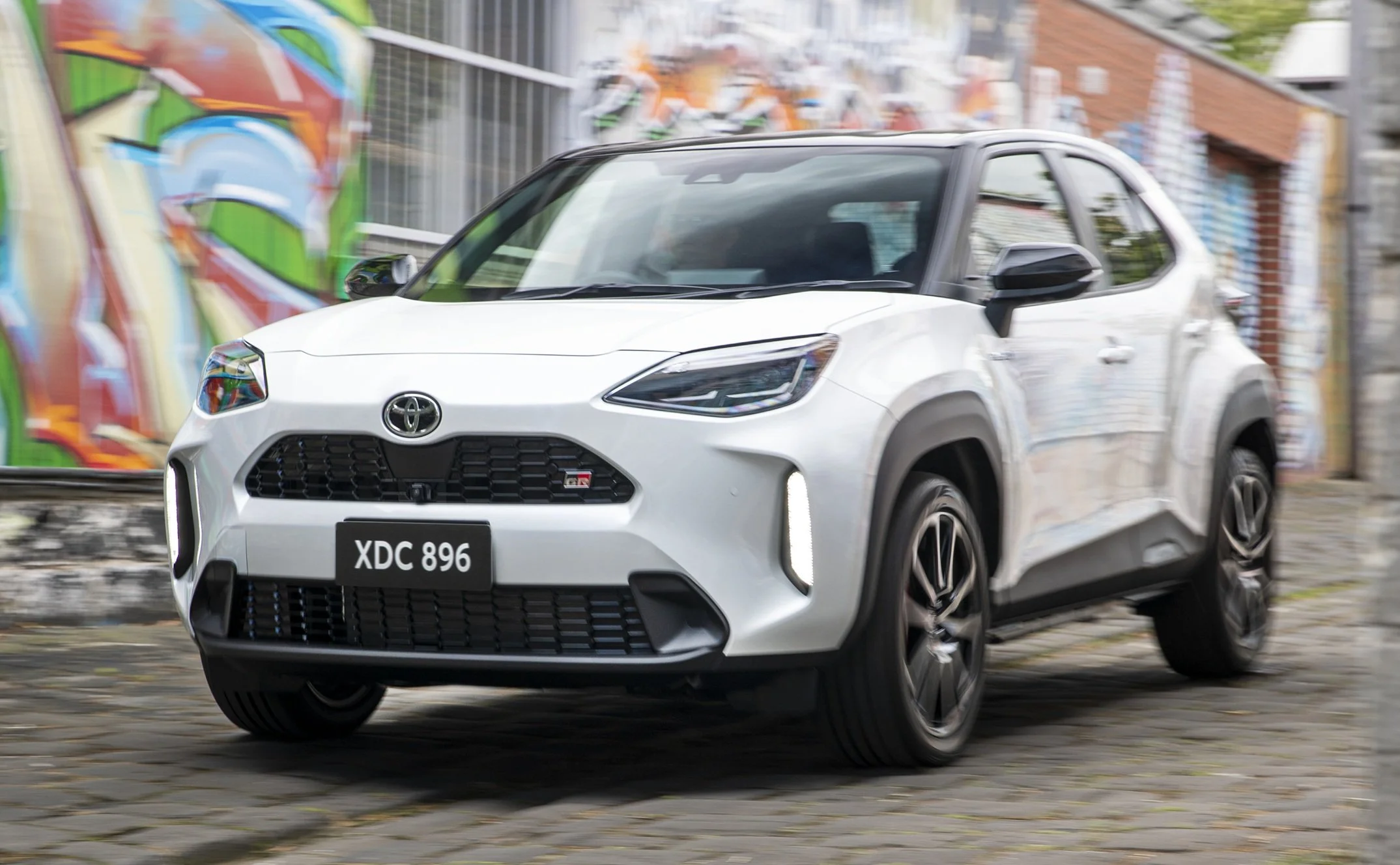


Just because a ute is cheap, that doesn’t mean it’s worth the money. Is the GWM Cannon more than just a cut-price Ranger wannabe? Can it offer towing, off-roading capability and robust design to compete with the big brand dual-cab utes like Hilux and Triton?